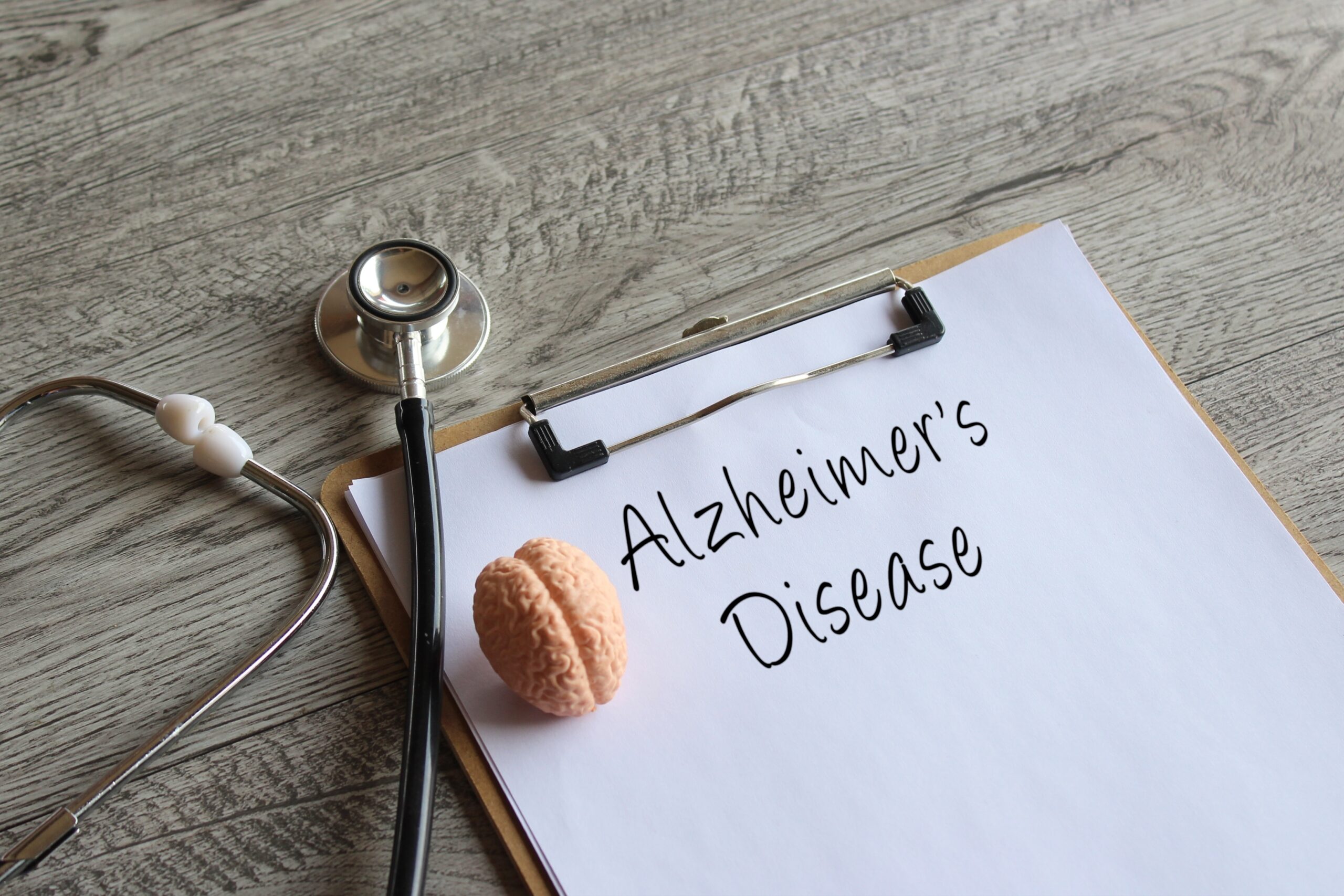The secret to a smoother perimenopause transition lies in adopting five transformative habits once you hit 35, and you’ll want to know what they are.
Story Overview
- Emphasizes preventive strategies over reactive measures for perimenopause.
- Focuses on holistic self-care practices backed by expert advice.
- Targets women in their mid-30s and older to prepare for perimenopause.
- Advocates for lifestyle changes beyond medical interventions.
Understanding Perimenopause
Perimenopause marks the transitional phase leading up to menopause, usually commencing in a woman’s late 30s or early 40s. It can last several years and is characterized by symptoms such as hot flashes, mood swings, and sleep disturbances. Historically under-discussed, perimenopause has recently gained more attention, prompting research and discussions aimed at improving women’s experiences. This phase is crucial as hormonal changes begin affecting both physical and mental health.
With increasing awareness, women no longer need to passively endure these symptoms. Instead, they can take proactive steps to manage and even mitigate the effects of perimenopause. By adopting certain habits, women can significantly enhance their quality of life during these years.
The Power of Nutrition
Nutrition plays a pivotal role in managing perimenopausal symptoms. A diet rich in whole foods and adequate protein while low in processed foods can help manage weight and mitigate symptoms. Emphasizing such a diet can also reduce the risk of chronic diseases often associated with menopause, such as osteoporosis and cardiovascular diseases. A focus on nutrition is not merely about symptom relief but also about laying a foundation for long-term health.
Regular meals and balanced nutrition can stabilize mood swings and energy levels, providing a sense of control and well-being. The integration of calcium and vitamin D is essential for bone health, while omega-3 fatty acids can support heart health and reduce inflammation.
Balancing Mind and Body
Exercise is another cornerstone habit that promotes overall health during perimenopause. Regular physical activity supports weight control, improves mood, and enhances bone health, reducing the risk of fractures and chronic diseases. Exercise also releases endorphins, which act as natural mood lifters, helping to combat depression and anxiety.
Incorporating stress management techniques such as yoga and meditation can further alleviate mood swings and anxiety. These practices encourage mindfulness and relaxation, fostering a better mental state to navigate the hormonal changes of perimenopause.
The Importance of Sleep and Monitoring Health
Establishing a consistent sleep routine can greatly improve sleep quality and reduce fatigue, a common complaint during perimenopause. Going to bed and waking up at the same time daily, along with creating a restful sleep environment, can enhance restfulness and energy levels.
Additionally, regular health monitoring is crucial. Keeping track of health changes through regular check-ups allows for early detection and management of any arising symptoms. Understanding these changes helps women make informed decisions about their health, ensuring they remain proactive rather than reactive.
Sources:








